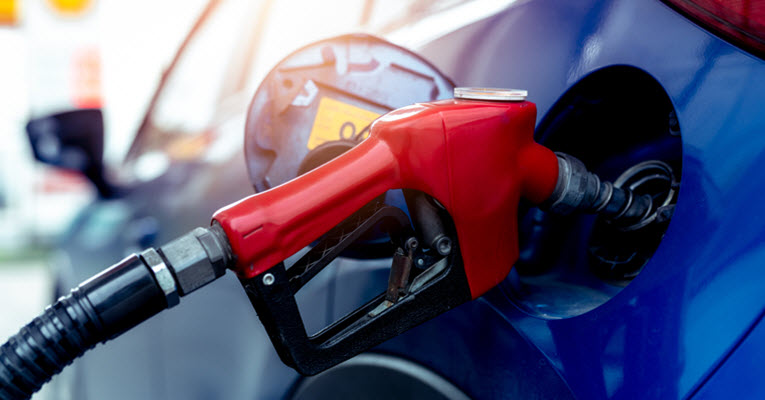Volkswagens are very popular for their affordability while still being high-quality, reliable vehicles. There are many accounts of owners reaching the fabled heights of half a million or more miles. This does not happen by accident. If you take care of your car, it will take care of you. A common but serious problem for drivers to pay attention to is an increase in your vehicle’s fuel consumption.
How does the fuel system work in your vehicle?
Every car has a fuel pressure regulator, and it does exactly what the name sounds like. To run properly, the engine must receive the correct ratio of air to gasolene in the combustion chamber. The regulator ensures that the mix stays correct as driving conditions change.
While driving, demands in performance fluctuate, such as when driving uphill or accelerating quickly. Each part in the fuel system does a specific job, which can lead to problems if any of these individual puzzle pieces is out of sync. Cars have many moving parts, and it is not uncommon for some to break down faster than others. This is especially true of such an intricate part involving separate diaphragms, gaskets, and hoses. In this case, if the system is running sub optimally, you as the driver will notice due to an increase in fuel consumption.
It is important to recognize these signs and bring your vehicle to a professional before further damage occurs costing you more time and money.
Common Causes of Fuel Economy Problems
There are many parts and systems involved in your engine running as efficiently as possible. As a Volkswagen owner you undoubtedly know your cars capabilities, and keeping and eye on how often you’re filling up will be a great way to spot one of these common problems before they lead to further damage:
- Faulty Sensors: A car engine contains many sensors that feed valuable data back to the computer chip and adjust performance. Sensors such as the thermostat, coolant, or oxygen sensors all tell the car what it needs to do to run optimally. The reverse is therefore true as well, and increased fuel consumption could mean that one of these sensors has gone out and needs to be replaced.
- Engine Misfires: Many parts are also involved in the continuous and correct timing and firing of the pistons. If the engine is misfiring due to any number of parts being in disrepair, this will cause a decrease in fuel economy because gas is being injected but not at the proper ratio with oxygen. The engine must receive a proper air-to-fuel ratio at the exact proper timing to perform as designed. If it doesn’t receive this, you can experience engine misfires.
- Worn or dirty spark plugs and fuel injectors: Two of the parts that can lead to the issues above are the spark plugs and fuel injectors. They both dictate piston firing and combustion actions. These parts, due to their proximity to the many thousands of firings, can become dirty or worn out very easily. If the car’s fuel economy has gone down, a clean or replaced spark plug or fuel injector can be the culprit and a fortunately easy solution.
Hayes European is Here for Your Volkswagen
Ideally, during routine maintenance and inspection, issues will be found far before it is a problem. With a drop in performance being just the first sign  of a potential problem, the good news is that this regular maintenance can easily stem the issue by spotting these small problems before they become big ones. Bringing your Volkswagen to a certified mechanic will ensure fuel economy is correct and there are no leaks damaging your vehicle.
of a potential problem, the good news is that this regular maintenance can easily stem the issue by spotting these small problems before they become big ones. Bringing your Volkswagen to a certified mechanic will ensure fuel economy is correct and there are no leaks damaging your vehicle.
Here at Hayes European we have you covered to make sure your Volkswagen keeps running smoothly for years to come. We are conveniently accessible to patrons in the communities of Santa Cruz, Aptos, Soquel, and Capitola, CA. We believe in providing affordable labor with honest work in order to continue to earn your repeat business. To speak with one of our certified technicians, give us a call today to keep your car in top condition. We look forward to helping you maintain your Volkswagen for years to come.
 Mon-Fri: 8:00AM-5:30PM
Mon-Fri: 8:00AM-5:30PM 1125 17th Ave Santa Cruz, CA 95062
1125 17th Ave Santa Cruz, CA 95062
